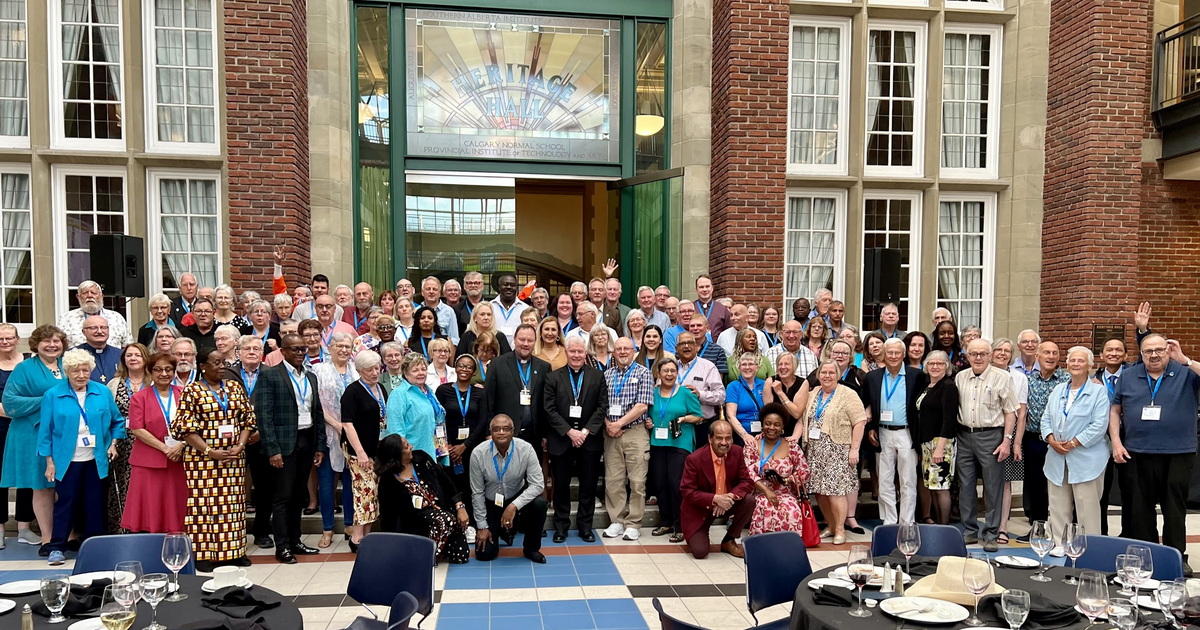My mother used to tell us her World War II stories in their brutality and destruction; in doing so, she hoped my siblings and I would grow more caring for each other and other people, and remain optimistic amid adversities. Those stories also offered us at tender age a glimpse of humanity – bad and good – and an appreciation of the Creator’s larger plan for His every child.
The eldest of five children, she was eleven years old when the war broke out in the Pacific. Hers was a town just one hundred miles from Manila, one of world’s capital cities most devastated by both enemy and friendly bombs, whose sounds alone were unbearable to her four siblings. Barely completing grade school with her studies interrupted by war, she matured much beyond her age with unfolding life- lessons along a sense of responsibility thrust upon her.
She had them all in those recollections – images, riveting sounds, smells, turmoil, pains and raw emotions over four years under enemy control. Columns of enemy soldiers trudged their feet above a pit our grandfather, a mason and carpenter by trade, dug where his young family sought refuge while she snuggled her younger siblings, pacifying their frightened cries. When food was scarce, she along with a sister walked several miles to and from towns for rice ration that were enough to last for a few meals. Her father not once buried at bayonet point neighbours – some shot dead while others wounded and shackled, and alive. She had witnessed this cruelty – perhaps barbaric – one which pitted those who ingratiated themselves with ruling occupiers against neighbours whom they betrayed and falsely accused of being guerilla sympathizers. With faces hidden in straw bags, they viciously settled the score by death sentence to helpless people. Bloodied corpses left to bury and faint cries for help by those buried alive had haunted her father and kept him lying awake and crying at night for years.
She, however, saw a bright side of humanity in those dark times. An enemy officer visited her family in early weeks of the country’s takeover with token gifts for every child. He felt homesick for his family faraway and was – in silence yet humanely – reminded of his eldest daughter and other children by our mother, petite and fair-skinned as she was, and her siblings. Their living room scene was a sobering moment for her.
In wars, innocent people, young included, do not take big picture of seminal events and are forced to stay in the moment, struggling to survive; their plans shelved or dynamically altered, their life’s goals, especially for those caught between crossfires, shattered and reduced to a longing to be with and for the family the next day. Yet she, an optimist to the core, walked into those years holding out hope to follow through on big dreams, and trusting what would await her – to resume studies and become a teacher, and marry someone with impeccable integrity, and with him she who would raise high- achieving children – perhaps seven – an all-time favourite number anchored on her May birthday. A few years after war ended and reconstruction began, she and our father endured those dreams through resilience, love and sacrifices, and shared among others the passion of moulding many children’s minds and character. They both went on to become recognized nationally as Philippines’ finest public school teachers.
Our near-daily diet of news footages of humanitarian crisis and on-going global conflicts powered by drones and missiles transport me back to her stories. Just like her, I hold out hope and faith, and pray the world will through these all see humanity in its fine moments.
Pope Francis writes in Fratelli Tutti: Hope speaks to us of a thirst, our aspiration, a longing for a life of fulfillment, a desire to achieve great things, things that fill our heart and lift our spirit to lofty realities like truth, goodness and beauty, justice and love…
As Vincentians choose a life given to others, have we served in hope enough so families-in-need in turn live in hope? Are our home visits and other works we do truly reflective of the hope-giving element of our mission? What is that we are not doing to bring about optimism, and help them make changes for better life and live their broader aspirations? As they continue to bear burgeoning burdens, how do we support them to remain positive, forward-looking and invigorated? As we embody His living hope in our work of charity and as our Vincentian vocation points us to, do we demand new responses to new challenges to serve our level best and move from conventional thinking?
Perhaps we, too, could tell the next generations our stories of hope-serving experiences.
Jose I. Torres,
Chair National Spirituality Committee
Society of St. Vicent de Paul – Canada
Source: SSVP Canada News – August 21, 2024
About the writer: Jose is the Chair of the National Spirituality Committee. A CPA and member of Saint John of the Cross, Mississauga, Ontario Conference, he is also a member of the Greater Toronto Central Council Spirituality Committee, and President as well as Spiritual Facilitator of the Peel North Particular Council. He is also member of the Catholic Family Services Peel-Dufferin (CFSPD) Board of Directors.








